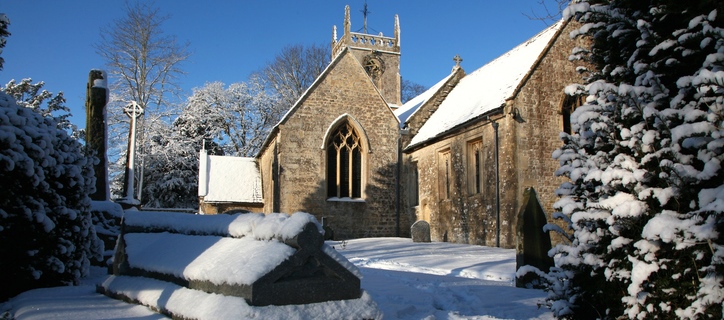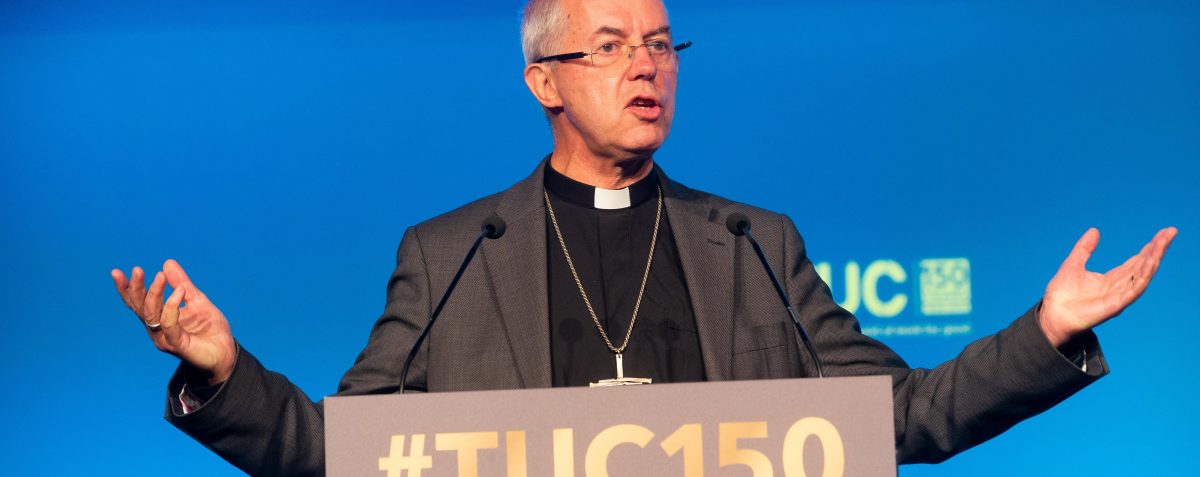Employment practices 1215-style
Unite member Reverend Mark Sharpe, like faith workers up and down the country, carried out duties on a full-time basis in exchange for pay – it’s what we in a modern democracy governed by the rule of law would by all accounts consider a job.
But an appeal decision made today (April 30) overturned a previous employment appeal tribunal (EAT) ruling that originally found Rev. Sharpe was an employee and entitled to employment protection rights.
Today’s judgment deals a sharp blow to faith workers and hearkens back to early medieval times, looking back over 800 years to the Magna Carta and historical texts to when the Holy Roman Empire was formed.
The Church argued that instead of being an employee, Rev. Sharpe should be considered a “religious office holder” under ecclesiastical law, and therefore he didn’t need to be covered by employment protections.
As UniteLive reported in February, Rev. Â Sharpe claimed he had been driven out of his parish in Worcestershire after he and his family suffered a four-year campaign of harassment from 2005 to 2009, including his dog being poisoned, his tyres slashed and his mail tampered with.
The original ruling found that Rev. Sharpe and the Church of England were in an employee/employer relationship and so ruled that the Church had failed to protect him in the line of duty.
Anachronistic throwback
“We are massively disappointed by today’s judgement against Rev. Sharpe,” said Unite national officer Sally Kosky. “This decision doesn’t reflect what goes on in the modern world of work. Rather, it’s an anachronistic throwback to a bygone era.
“When you look at what faith workers do on a daily basis – the work they carry out – it’s what any right thinking person would consider a job. The case should have been a simple one based on employment law.
“We are also disturbed by the fact that the original EAT judgement was overturned by judges with no meaningful employment law background,” Kosky went on to say. “The original judgement ruling in favour of Rev. Sharpe was presided over by a senior judge who understood the law and was keen to extend employment rights to faith workers that they rightly deserve.
“Congregations would be shocked at the lack of protection that their clergymen and women have in places of worship,” she added. “It places faith workers in a dangerous situation, in which whistle blowers are cowed into silence over potential scandals and can become the victims of harassment with no legal redress.
“We will be considering the judgement fully and deciding on our next steps over the coming days.”
 Like
Like Follow
Follow


